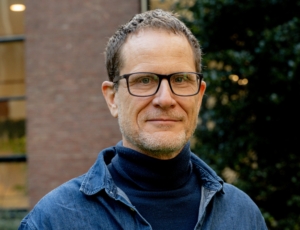About the Project
Though it is clear that health differences exist between people with different socio-economic status and socio-demographic positions (e.g. well-educated people are generally more healthy), current research is fraught with problems of causality and selectivity. Aat Liefbroer (NIDI): “The causation mechanism suggests that people’s socio-economic and socio-demographic positions cause changes in health behaviours. Such changes may be triggered by changes in attitudes, by changing interactions with significant others, or by changes related to daily routines. The selection mechanism suggests that health differences result from differences in behaviours that already existed prior to the ‘sorting’ of people into socio-economic and socio-demographic positions.”
With the grant, NIDI, UMCG and NIAS will disentangle this causation-selection conundrum by applying a life-course perspective. In a longitudinal design, the impact of life-course transitions on health behaviours is studied (leaving home, graduating, having children, retirement), alongside the role of more stable socio-economic characteristics. The project pays particular attention to the influence of gender, and the influence of partners on the relations between socio-economic status, life-course transitions and health behaviours.
The grant is awarded to this project because of its scientific innovativeness, and its strong societal implications. Whether selection or causation is the main factor behind health differences has major implications for designing effective health policies.
At NIAS, the grant allows for a research fund fellowship for a renowned international scholar in the field of life-course transitions in 2020/21, and an international conference.
Research Fund KNAW Institutes
The Royal Netherlands Academy of Arts and Sciences aims to strengthen ties between its institutes and their research domains. Therefore it has set up the “Onderzoeksfonds KNAW-instituten” (Research Fund KNAW-institutes), which annually awards a total sum of 1.5 million euro to support KNAW-institutes wishing to collaborate on a research project together.




